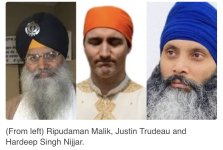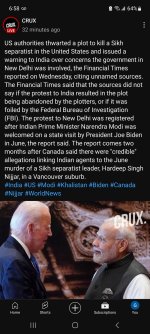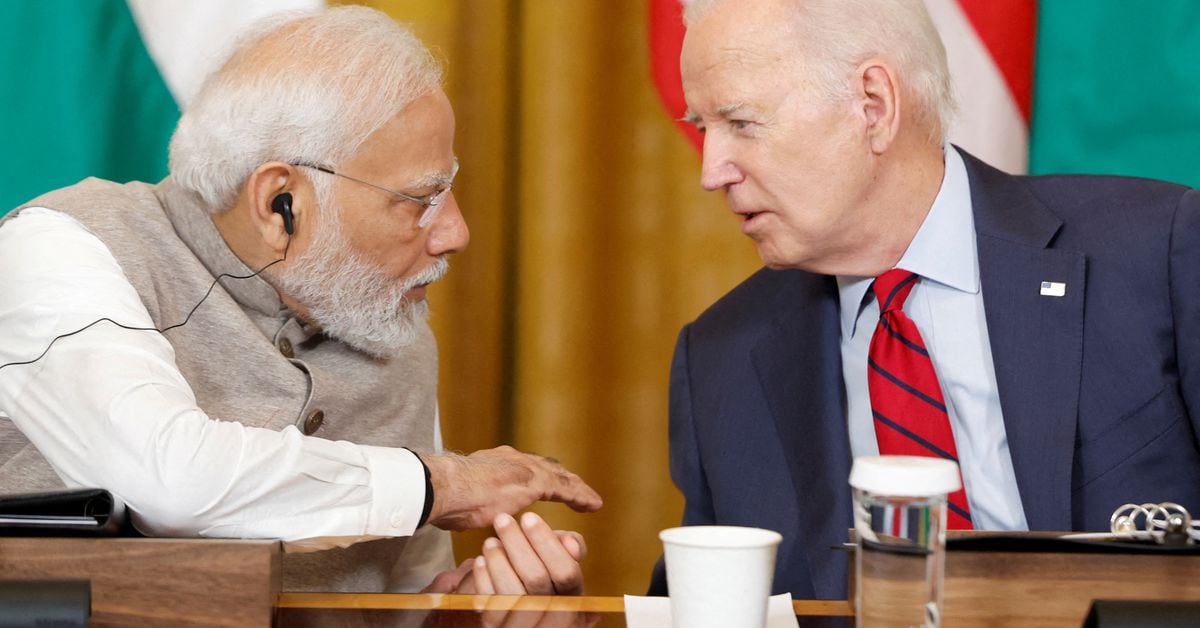It was only three months ago that Prime Minister Justin Trudeau delivered one of the most serious allegations a Canadian government has ever levelled against an ostensible ally – and then proceeded to
not provide any evidence to this effect whatsoever.
But just this week, the U.S. did what Canada couldn’t: It provided a detailed summary of an alleged conspiracy to assassinate Sikh extremists based in North America, as well as the evidence purporting to tie it to the Government of India.
And in a notable departure from Canada’s strategy, the Americans mostly let the evidence speak for itself – rather than frontload the whole saga with a public, top-level accusation of Indian treachery.
This distinction – and the sheer volume of evidence in the indictment – might be why India has been much friendlier with the U.S. allegation than it was with Canada’s.
Trudeau’s accusation of an Indian murder plot prompted outright denials from New Delhi, counter-accusations that Canada was a hotbed for Sikh terrorism, a significant fraying of Canada’s diplomatic relationship with India – as well as a wave of anti-Trudeau coverage on Indian media.
But against the U.S. allegation, India’s foreign ministry
said it had set up a committee to probe the matter directly, calling it “a matter of concern” and “against government policy.”
Canada loudly accused India of an assassination plot without evidence. The U.S. brought loads of evidence … and made the accusation quietly

apple.news





